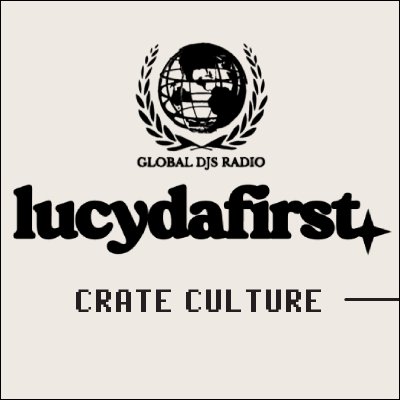I occasionally get questions from people who want to know what’s going on backstage. What exactly are the things that happen backstage, the ones people from the outside world will never know? Except when someone starts talking, then you’ll find out!
The backstage of a stage is always so interesting and mysterious. That’s where the musicians and staff are before and after a live show.
Sometimes I hear stories from people about very exciting adventures they’ve had backstage that actually shouldn’t see the light of day. But in the five years, I’ve been allowed to enter the backstage area, either as a staff member or as an interviewer, I have been through enough funny adventures, but they won’t be shared because a backstage is a bit of a private area.
It can actually be pretty boring backstage.
It’s a safe haven for a musician to prepare for the show or to seclude themselves for (screaming) fans that are waiting for him or her outside of the backstage. It can actually be pretty boring backstage. What most musicians do when they just arrived at the backstage is ask for a Wi-Fi code so they can share their arrival in The Netherlands with the outside world. And then there’s mainly attention for the smartphone. That some Japanese musicians apply makeup and style their hair isn’t a secret. But that’s what the backstage is for: transform yourself into the artist that you have to be that evening. Even dinner takes place there. All in all, there’s not much exciting going on!
If I have to think about my experiences backstage as an interviewer I immediately have to think about a show which took place in the Tivoli Spiegelbar -unfortunately it doesn’t exist anymore- a few years back. There were a few Japanese bands playing and I could interview them. There was an extra door backstage that could lead us to the audience after passing through behind the stage itself, but this door was locked and no one had the key. So for each interview, the interviewers were locked in, and to add to the difficulty the interviews took place during the performances of the artists, so it was pretty noisy backstage.
The interview went as follows: I asked a question, a translator translated this by yelling it to the members who replied in Japanese. Between the silent moments –I can tell you, that weren’t many-, the translator explained what was being said by the musicians. I wrote as much as I could on paper while I was also recording it. If I would be sitting across from you and tell you the story in person, gestures and all, you’d probably be rolling over the floor laughing. But at the time of the interview itself, I didn’t think it was that funny! I was sitting there with a few other interviewers from other media because of the lack of time. Eventually, the interviews were going on at the same time and some questions were overlapping, which made it easier for the translator to go through the interviews translation-wise.
The difficulty, in the end, was because of the violence to keep the music on the other side of the door, since the backstage was only a few meters away from the stage itself. There was mainly some yelling during the interview. Together with some team members of AVO Magazine the recordings, as the other interviewers had sent in their recordings to help each other, were listened to several times to get the whole interview on paper. And you have to keep in mind that I had two bands to interview that day! That was quite a challenge already, since that were the first two interviews I could do personally. Now I look back on it I can laugh about it, and it’s a story I share sometimes, because this was one of the most memorable interviews I’ve ever had! It’s a shame that in the end, I didn’t get to see anything of the shows though…
Does anyone have an idea which bands I was interviewing?




















